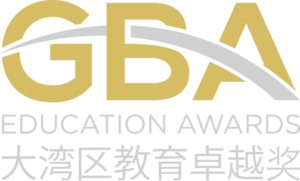Presentations
Share the overview of the PRAXIS program at ISKL. What works, and what has been a challenge? How can your school begin a program like this?

In this session, Vince Siu and Logan Stratman of Press Start Academy, a Hong Kong-based startup that designs award-winning educational games and game-based curriculums, will explore the benefits and challenges of conducting game-based learning in inquiry-based classrooms.


My presentation will include the sharing of the AI Policy, Guidelines that I have helped develop at my school with the aim of allowing others to take it away and bring it to their own schools.

In this workshop, we’ll look at two different models of assessing student work in a computer science class.

This practical workshop explores real-world strategies for using AI tools ethically and responsibly in research, ensuring equity of access and academic integrity.

This will be an introduction to Xcode. Learn how to promote entrepreneurship and agency at your school with app development.

COVID-19 has precipitated a major experiment for education systems across the world and this provides an amazing opportunity for AI to assist in the beneficial transformation of teaching and learning that remote and hybrid approaches are likely to catalyse.

This session will explore how different Google tools can promote collaboration, independent learning, creativity and intercultural understanding.

Professional Development for teaching staff is usually a norm for most schools to support student learning. What about the training for non-teaching staff?




